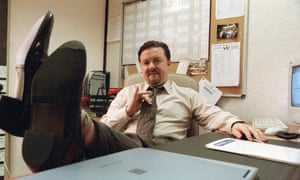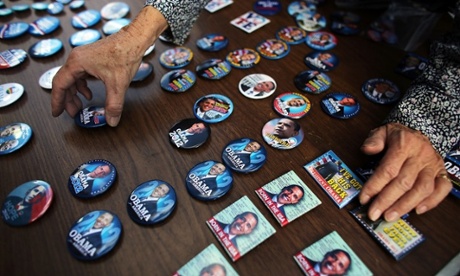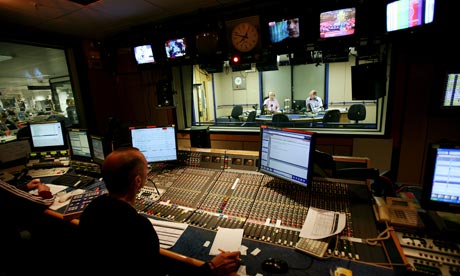Tim Harford in The FT
When he first heard the music, Brian Eno grabbed a copy of the single and ran to find David Bowie. “I’ve found the sound of the future,” he breathlessly announced. It was 1977, and the sound of the future was “I Feel Love”. Donna Summer’s ethereal vocals were backed by producer Giorgio Moroder’s pulsing, looping Moog synthesiser.
Moroder offers a curious account of his inspiration. He says he went to see the film of the year, Star Wars, and took note of the scene in the Mos Eisley Cantina, a wretched hive of scum and villainy in which a band of strange alien musicians perform a jaunty tune. (One wonders: Star Wars was released after “I Feel Love”; but Moroder’s hazy memories are still instructive.)
“I didn’t think it was the music of the future,” Moroder has recalled, which was true. (The aliens are playing woodwind, while the Star Wars composer John Williams was influenced by 1940s swing when he penned their tune.) If Moroder wanted to create the music of the future for Donna Summer, he needed to do the opposite of that. “I Feel Love” has no band and no conventional instruments except a kick drum.
There is a lot more to “I Feel Love” than simply inverting John Williams’s pastiche of Benny Goodman, but the story illustrates the curious power of turning an idea on its head. If you want to produce the music of the future, ponder the music of the past, then do the opposite.
Creativity gurus have termed this approach looking for the “worst possible idea”. When looking for a business breakthrough, a design innovation or a flash of artistic insight, it can be hard to think of much when challenged to dream up a good idea. Far easier, less intimidating and more fun to write down a list of terrible ideas, then see what those terrible ideas suggest once you turn them on their heads.
Sometimes the worst-idea exercise is little more than a warm-up, getting the imaginative sparks flying before the real creative work begins. Sometimes, however, focusing on what makes an idea bad shines the spotlight on what might make an idea good. If the bad idea is to make a product look clumsy and ugly, that suggests it’s worth paying more attention to the product’s elegance and beauty. If the bad idea is to ship the product with bewildering instructions, the good idea is to hire an editor to hone the instructions.
Even more intriguing is when the bad idea is actually a great idea. Imagine a “worst possible idea” brainstorm for a restaurant. What if the waiters in your restaurant were rude to the customers? Bad idea. Except that was the signature method of Wong Kei’s, located in London’s Chinatown, and the sheer drama of it made Wong Kei’s a popular destination for decades.
What if customers weren’t given a choice and told they would just have to eat whatever the kitchen prepared? Nowadays, we call that the tasting menu and charge a premium for it. What if customers had to pay up front before they were even allowed on the premises? Come to think of it, that is how a theatre or a concert works, and it would mean that customers ended their evening with dessert rather than by trying to figure out how to split the bill. Sometimes the opposite of a good idea is another good idea.
For another example, how might you flip the script on a job interview? The traditional interview is a gruelling experience, an inquisition in which the interviewers probe applicants for weakness under pressure. But you wouldn’t try that on a first date, so why exactly is it such a brilliant idea when seeking new colleagues?
In his recent book, Hidden Potential, the psychologist Adam Grant outlines an alternative: what about a job interview where the aim was to make the candidate as comfortable as possible and to help them demonstrate strengths rather than reveal weaknesses? Grant describes the recruitment process of Call Yachol, a call centre based in Israel. Candidates are invited to bring a friend or a pet along to the interview and given the opportunity to display relevant skills in familiar contexts.
Most strikingly, the interview is turned upside-down at the end. Candidates are asked to rate their interview experience. Were they made to feel welcome? Did they get an opportunity to show the best of their abilities? If not, would they like to come back another day and do it all again? What should the interviewers do differently when they do?
Call Yachol bends over backwards because it is staffed entirely by people with disabilities, and it wants to make sure it doesn’t accidentally disadvantage a candidate who cannot see, cannot hear or is neurodiverse. But reading Grant’s description of the process made me wonder whether something closer to Call Yachol’s approach might work better for everyone. After all, nobody seems particularly delighted with how well the pressure-interrogation model of recruitment works. Why not try a different way of trying to find talented people?
So let’s hear it for wilful contrarianism in the search for inspiration. Sometimes looking for a bad idea gets the creative juices flowing. Sometimes a bad idea perfectly highlights what would make an idea good. And sometimes, the bad idea is actually the best idea of all. What about a movie set in space that isn’t futuristic, but features wizards and sword fights? What if most of the technology looks like it emerged from the second world war, rugged, grimy, pragmatic, with few visible computers? And what if the aliens are playing something like Benny Goodman? “Space, but old-fashioned” turns out to be an inspired move. It’s why the aesthetic of Star Wars has stood the test of time almost as well as “I Feel Love”.




